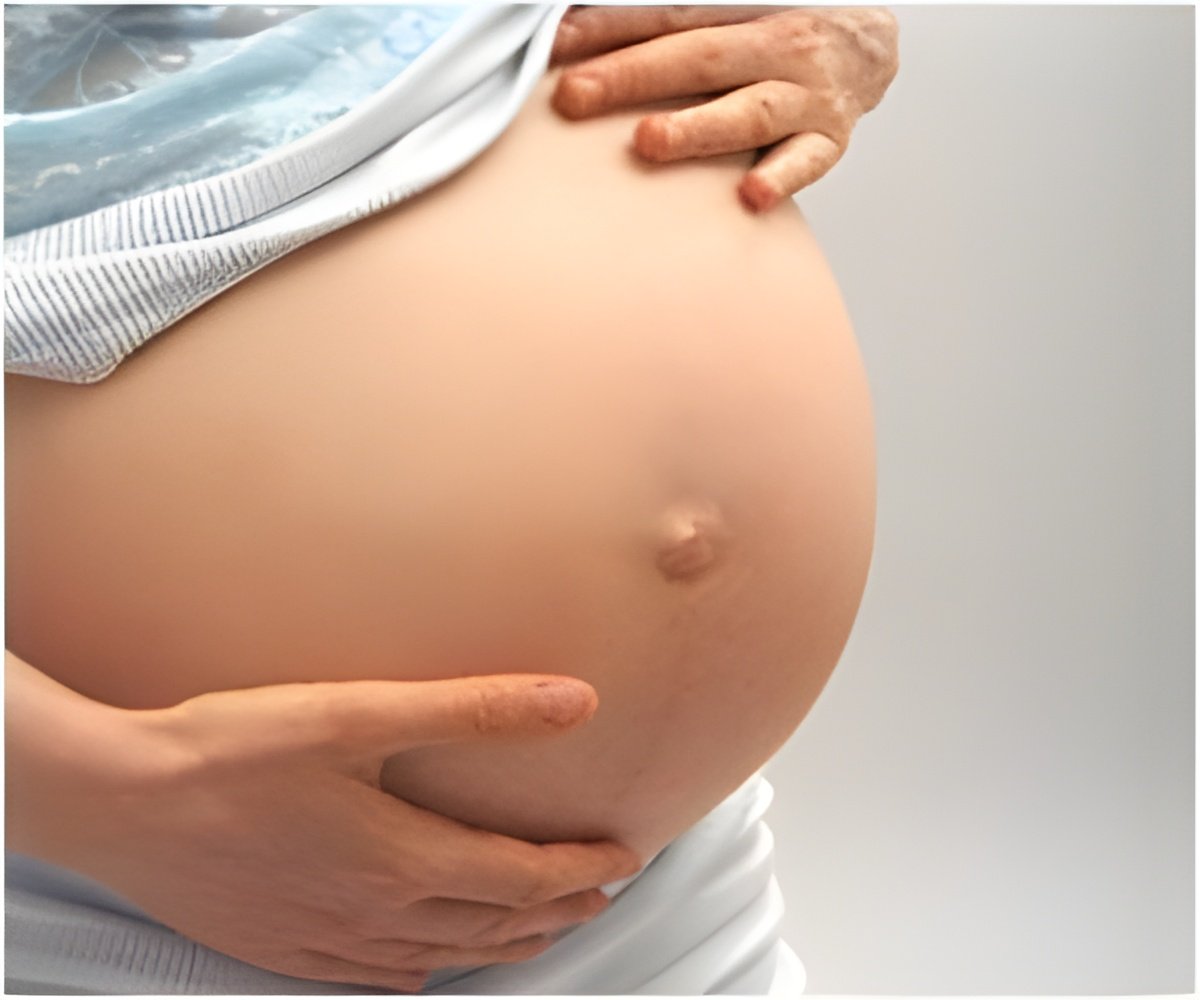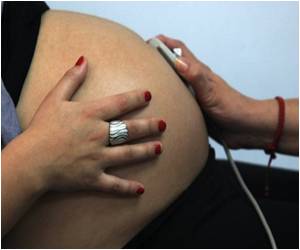Mothers with a history of having a child taken into care by the child protection services system are at higher risk of having inadequate or no prenatal care in the subsequent pregnancy.

‘Prenatal care is one of the most broadly used preventive health
services. Mothers whose first baby was placed in care had much higher rates of inadequate prenatal care during the subsequent pregnancy. The new study suggests focussing on the effectiveness of strategies for harm reduction for this group of women to assure the best outcomes for mother and child.’
Read More..




A total of 52 438 mothers were included in the study, of whom 1284 (2.4%) had their first child placed in out-of-home care before conceiving a second child. These mothers were more likely to have a substance use disorder, live in low-income and urban neighborhoods, receive income assistance and have diabetes. They were also 46% more likely to receive inadequate prenatal care than women whose children had not been taken into care.Read More..
"Previous research has identified fear of detection or involvement with child protection services as an important barrier for at-risk pregnant women, potentially leading to disengagement from, avoidance of or delayed presentation to prenatal care," writes Dr. Elizabeth Wall-Wieler, Department of Pediatrics, Stanford University, Palo Alto, California, with coauthors.
"We expect this fear to be intensified for pregnant women who had their first child taken into care by child protection services because they may fear this happening again."
A harm reduction approach that provides easily accessible and nonjudgmental prenatal care could increase access to care for these women.
"Pregnancy presents an important opportunity to increase positive outcomes for vulnerable women and to enable children to have the best possible start in life," write the authors. "This represents an obligation within the child rights principles and a crucial strategy for reducing population-level health disparities."
Advertisement
"These barriers included but went beyond the basic material needs such as transportation and the need to prioritize housing, food security and safe child care over scheduled medical appointments. Women feared being misunderstood and incorrectly judged by culturally biased maternity care providers who, without reflection on how social stereotyping was driving their clinical interactions and decision-making, would deem them inadequate mothers-to-be and contact child protection agencies."
Advertisement
To move past this, there must be support for Indigenous-led community solutions with First Nations, Inuit and Métis actively involved in the research and system transformation.
Source-Eurekalert










